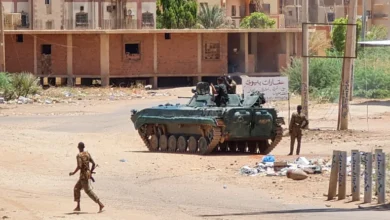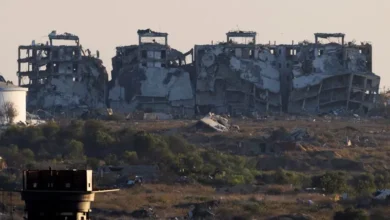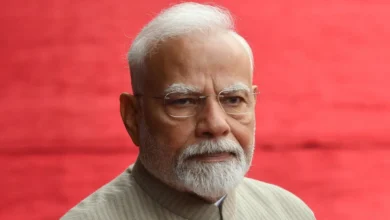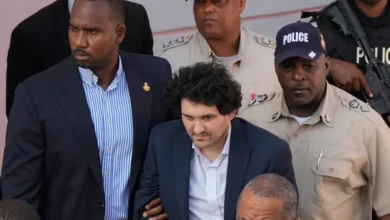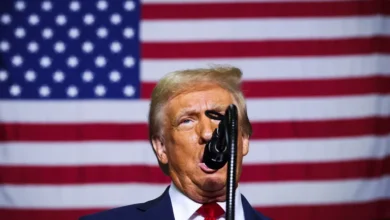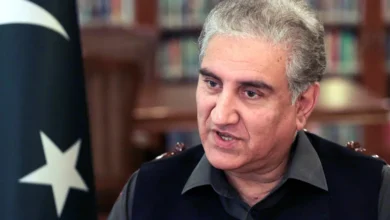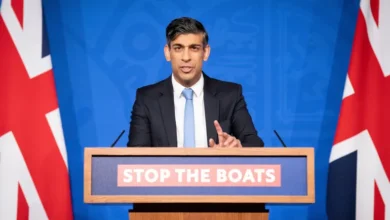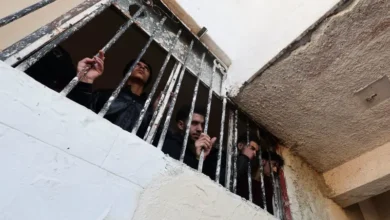Iraq’s elections and Muqtada al-Sadr’s endgame of power
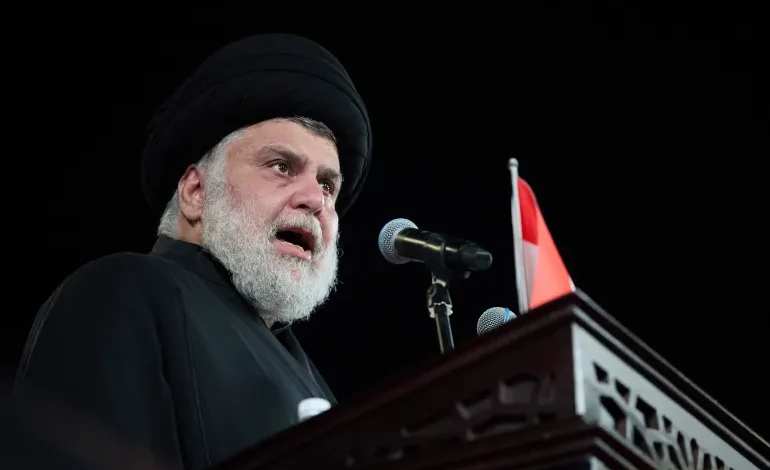
In a statement last month, Iraqi Shia leader Muqtada al-Sadr said his movement would boycott the November elections, hinting he wants to “change the faces and save Iraq” – reportedly his endgame since he withdrew his bloc from parliament in June 2022.
He also took aim at political rivals, the Shia Coordination Framework (SCF), a coalition of Iran-backed parties that became the largest Shia bloc in parliament after he withdrew, accusing them of rocket attacks against his allies.
Al-Sadr’s statement spoke of demanding no less than total system reform, but did not mention that the Sadrists had in fact held private back-channel negotiations with the establishment to try to re-enter the electoral race, which ultimately failed.
Attempting a return
Al-Sadr’s withdrawal cannot be seen as a total boycott of politics; it is rather a postponement of his ultimate goal of forming a government on his terms.
He seems to be playing a long game, waiting for the state to collapse under his rivals’ governance while positioning the Sadrists as the most organised, unaffiliated power ready to step in.
According to a source close to al-Sadr, speaking on condition of anonymity, the leader had agreed to pressure from key Sadrists who wanted to participate in the election, arguing it would protect remaining Sadrist officials facing pressure in state institutions.
In contrast, a “national majority” government is formed by blocs that secure a parliamentary majority of more than 50 percent, forcing other blocs into the opposition with no executive positions.
Sadrists were laying the groundwork for a parliamentary alliance months before the October 2021 election.
The outreach began in April with a first-ever phone call between Al-Sadr and a major Sunni leader, Mohammed al-Halbousi. In June, a high-level Sadrist delegation made an unprecedented visit to Erbil to meet with Barzani’s Kurdish Democratic Party (KDP) for similar talks.
“The agreement was simple: Each party would manage its own region without interference, we would form a government without the other parties, who would be free to form an opposition,” explained a Sadrist source privy to the talks with al-Halbousi and KDP.
Winning 73 out of 329 seats in the election, the Sadrists formed a coalition with the KDP (31 seats), Al-Halbousi’s Taqadum Movement (37 seats), Sunni leader Khamis al-Khanjar and independent MPs to form a 175-seat coalition named Inqath Watan (Saving a Homeland).
But then-President Barham Salih asked the Federal Supreme Court for an interpretation that ended Inqath Watan’s plan.



